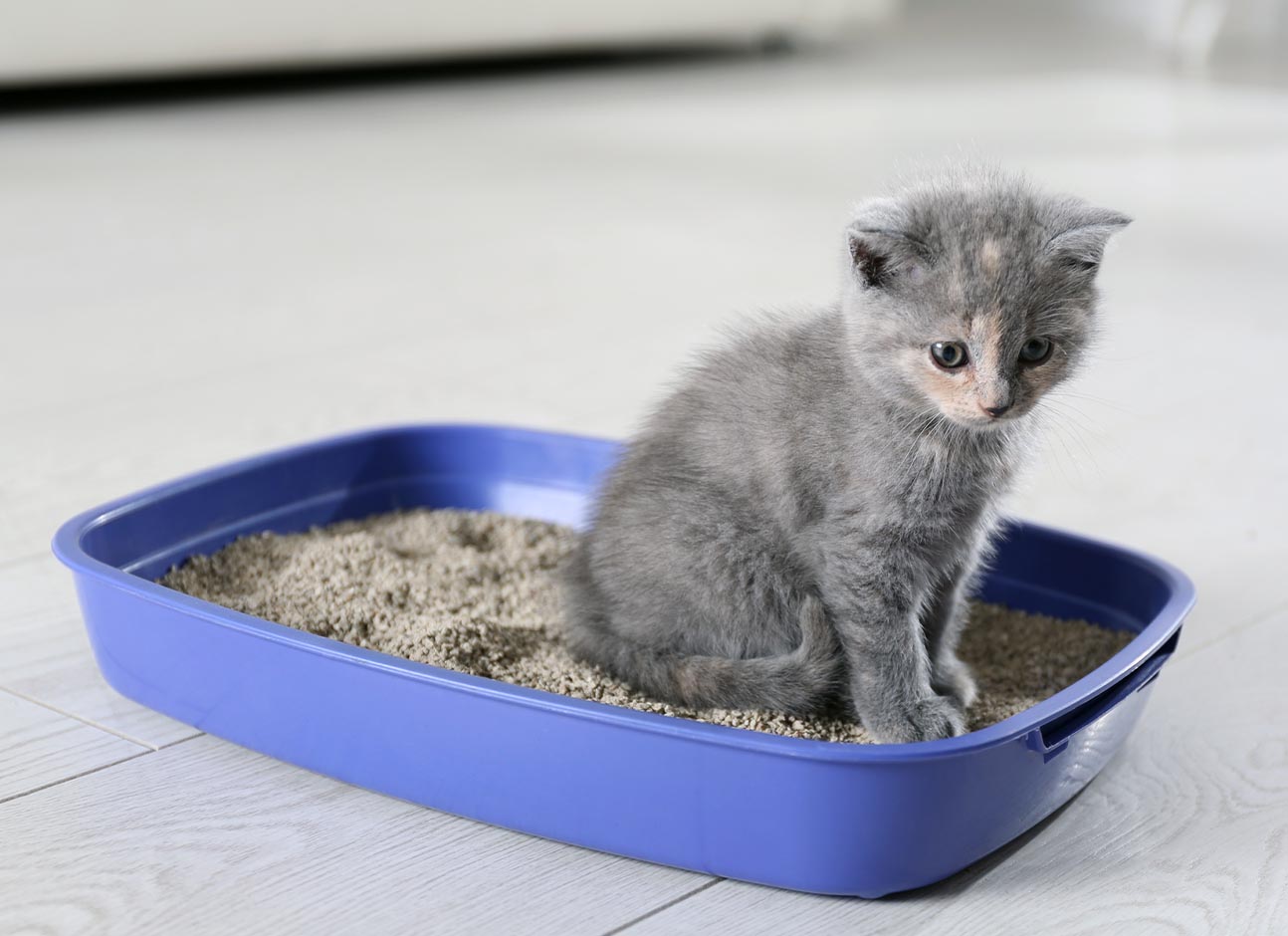Urolithiasis, a condition involving the formation of stones in the urinary system, is relatively common in cats. Due to their anatomy, cats are more susceptible to this disease, which is often chronic and can develop for months or years without symptoms.
Manifestation
Clinical manifestations of urolithiasis occur when the stones grow and block the urinary ducts, complicating urine excretion and causing pain. In such cases, urgent treatment is required as the condition can be fatal. Early detection makes the treatment process easier.
Symptoms include:
- Difficulty passing urine and frequent trips to the litter box with little or no urine output
- Restlessness during urination
- Blood in the urine
- Concentrated and strong-smelling urine
- Loss of appetite, lethargy, and apathy
- Licking unusual places due to pain
- Enlarged belly and bladder
The accumulation of harmful substances resulting from urinary problems can lead to acute renal failure, hypothermia, low blood pressure, and even death. If any signs of urolithiasis are observed, consult a veterinarian immediately. Symptoms typically appear sometime after the onset of the disease, which can be detected during urinalysis or ultrasound diagnostics.
Providing Home Assistance
To help your cat at home:
- Alleviate pain
- Use herbal remedies for early-stage cases
- Observe and document any restless behavior during urination
- Contact your veterinarian for examination, tests, and diagnostics if any symptoms are noticed
Treatment Methods
Treatment is always individualized and dependent on various factors, but restoring the urinary system’s function is crucial. A special catheter is often used.
Conservative treatment methods include:
- Medications that dissolve deposits in the urinary system
- Herbal remedies
- Calming medications
- Special diets
If conservative treatments are ineffective, surgery may be necessary. In the postoperative period, monitor the stitches and ensure the pet wears a protective collar to prevent licking the surgical site.
Home Treatment Considerations
Pet owners may attempt to treat urolithiasis at home using herbal preparations. While this may help in the early stages, consulting a veterinarian is highly recommended due to the potential risk of urinary blockage and death.
Possible Causes
Common underlying causes of urolithiasis include:
- Genetic predisposition
- Improper nutrition
- Overfeeding and obesity
- Low physical activity, particularly in neutered indoor pets
- Insufficient fluid intake
- Hormonal imbalances
To prevent urolithiasis, maintain clean litter trays as dirty trays may discourage cats from using them, increasing the risk of the condition.
Prevention
Proper nutrition, formulated with the guidance of a veterinarian, is the primary preventive measure for urolithiasis.
